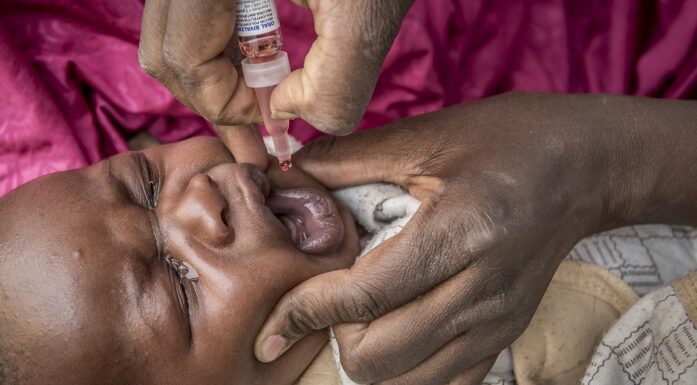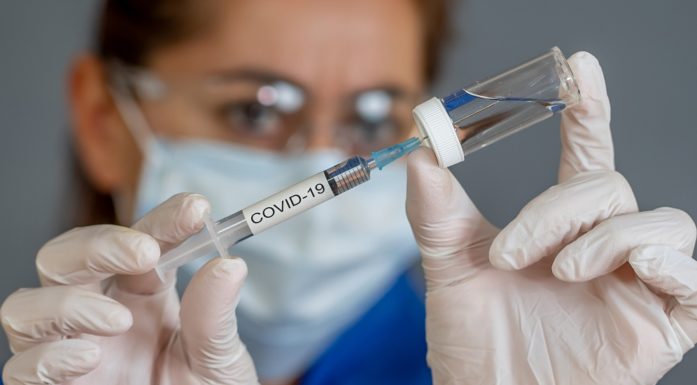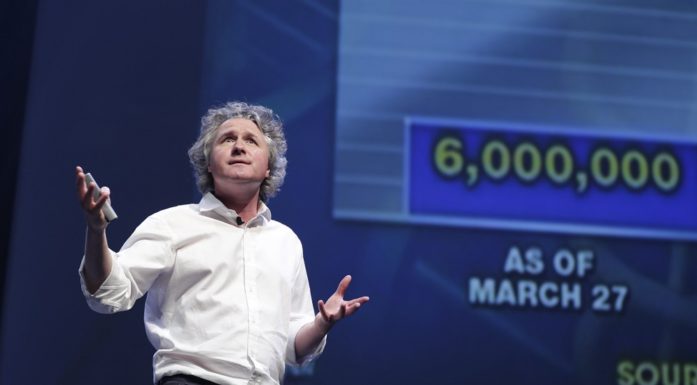What makes everyone sick?
The world’s best-known doctor is coming to the Big Challenge to talk about the world’s biggest challenge, and one that thousands of scientists are trying to figure out: what makes us sick? Norway is among the challenge participants.
In the early 1990s, an American physician named Christopher JL Murray worked with colleagues to create a comprehensive listing of the world’s health woes.
The idea behind this cataloguing effort was simple, even if creating it was challenging: Different countries face different health care challenges. If countries are to help their citizens live the longest, healthiest lives possible, decision makers need to know what is making people sick.
Thus was born the Global Burden of Disease (GBD), the world’s largest health survey.
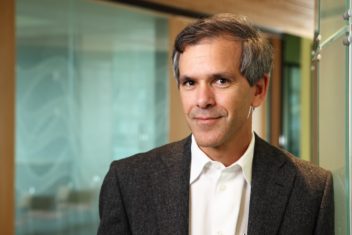
Christopher JL Murray went from tuberculosis research to trying to figure out what makes people sick in different parts of the globe. His effort has now blossomed to involve 500 researchers from 50 countries.
In a nutshell, GBD research attempts to figure out what makes people all around the world sick. The study addresses 85 different risk factors that humans are exposed to, such as smoking, alcohol use, noise and air pollution, and links the data with more than 300 different causes of death. Murray now collects and analyses GBD data at the Institute for Health Metrics and Evaluation (IMHE) at the University of Washington in the United States.
IHME makes this information freely available so that policymakers have the evidence they need to make informed decisions about how to allocate resources to best improve population health.
Murray is coming to Trondheim in mid-June to give a presentation at the Big Challenge Science Festival.
- You might also like: More than 30 presenters signed up for NTNU’S Big Challenge Science Festival
World’s largest health puzzle
“I call GBD ‘the world’s largest health puzzle,’” says Professor Terje Andreas Eikemo, head of NTNU’s Centre for Global Health Inequalities Research (CHAIN).
The topic is also among the most important. Information on the answers to this great puzzle is presented every two years in The Lancet.
Brazil, China, India, Mexico, Indonesia and the United Kingdom are among the countries that use the research results to inform how they design their health care systems. The GBD is therefore of great importance.
Chris Murray has managed to squeeze a visit to Trondheim into his busy schedule. His background includes degrees from Harvard and Oxford and working at the World Health Organization (WHO).
- You might also like: C-sections by trained health officers a safe alternative to doctors
Checking all the world’s schools
Thousands of scientists around the world have been engaged to contribute their little piece of the puzzle to the calculation. CHAIN is involved in exploring what education means to world health.
The education factor is a new element in the GBD database. CHAIN’s work includes a survey and analysis of all the world’s schools, which may change the research results.
“The GBD study already uses satellite information to identify the health risk from air pollution, so I thought the same method could also be used to identify the health risks from the lack of schools. It’s still too early to say whether we’ll succeed at this, but if we do, the effect could be enormous,” says Eikemo.
Does education really affect our health, or can the level of education in an area at least give a hint as to people’s health there?
Article continues under the picture.
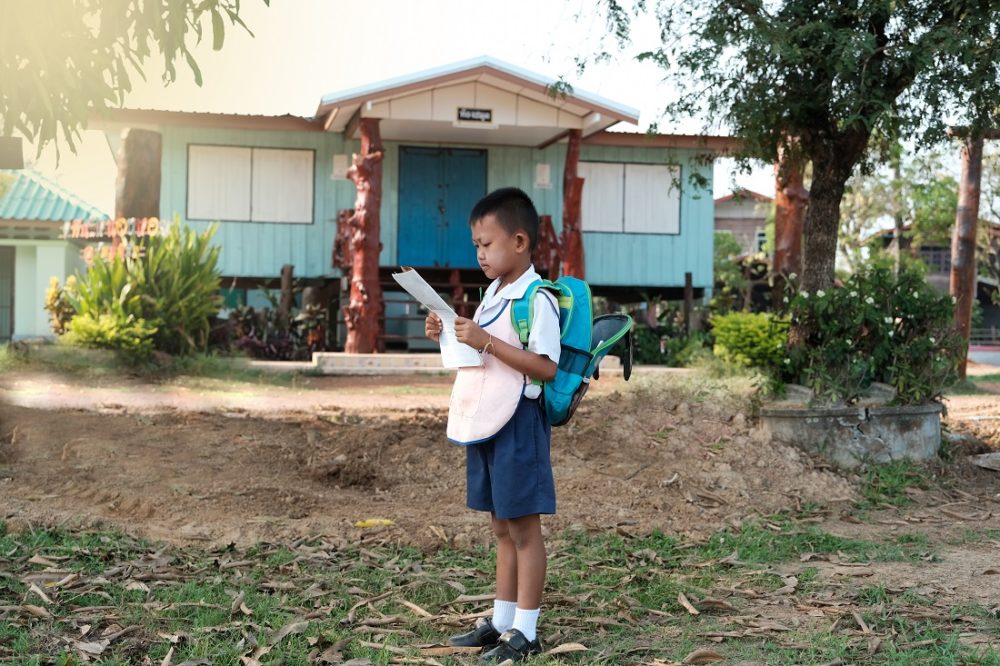
Does education help improve our health? Researchers are trying to figure this out. Photo: NTB Scanpix/Shutterstock
“It’s not like we’ll be going from school to school to collect data. our research partner UNICEF New York is already doing that work,” says Eikemo.
UNICEF combines the data it collects from manual counts, satellites, internet usage analyses, available information from various authorities and organizations, and a host of other tools. CHAIN will then see if school density is related to various factors, such as child mortality.
- You might also like: Staying fit can halve your risk of heart attack
35 000 articles
UNICEF has not yet completed their data collection from around the world. CHAIN will therefore initially use results from seven completed countries to arrive at a useful and appropriate analytical method. No one has done this work before, and it will require both knowledge and ingenuity to arrive at the right methods.
The centre is also reviewing 35 000 research articles connected to the health challenge.
CHAIN’s job is to investigate several factors that affect people’s health internationally, and the centre is casting a wide net in examining what supports good health and quality of life in the world.
The centre is studying the effects on people’s health of welfare and health systems, lifestyle, pollution, living conditions, working environment, refugee crisis, migration, health services and technology use, to name a few factors. CHAIN aims to find out what promotes health among both children and adults, and no countries or territories will be overlooked in their work.
Approximately NOK 90 million has initially been set aside for the work. About NOK 40 million is being funded by the Research Council of Norway, and the rest by NTNU. The Bill & Melinda Gates Foundation is among the GBD study supporters.


